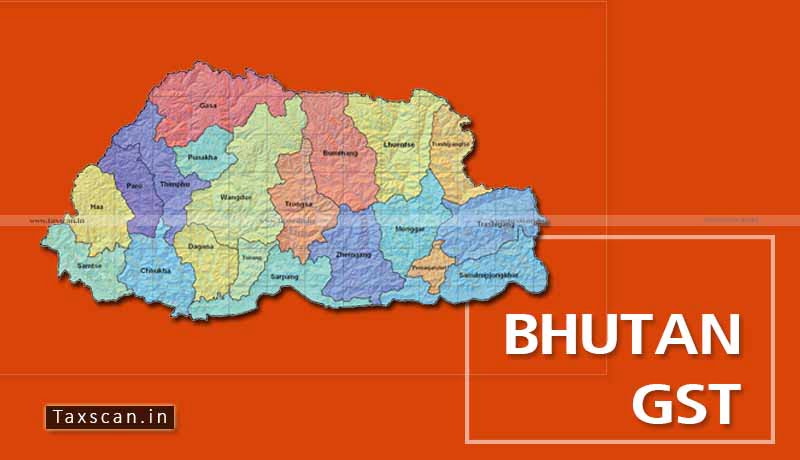Bhutan Introduces Revolutionary GST Reform

Bhutan – GST – Tax – Taxscan
Bhutan – GST – Tax – Taxscan
The Bhutan’s Ministry of Finance introduced GST of flat 7% that will replace all indirect taxes like sales tax, customs duty and exercise duty as per the Goods and Service Tax (GST) Bill of Bhutan 2020. It is seen as the biggest and revolutionary tax reform of Bhutan.
Other announcements under the GST Bill 2020 included the imposition of 20% Excise Equalisation Tax on unhealthy goods, 100% tax on alcohol/tobacco and 20% tax on the plastic wrapping.
What is GST and how is it beneficial?
Goods and Service Tax (GST) is an indirect tax levied on goods and services that replaced the indirect tax laws (which had different tax rates) that previously prevailed in Bhutan. It is a single indirect tax system for the whole country.
GST is a consumption-based tax and will affect all the imports and all the goods and services consumed within Bhutan. GST is imposed at a point of consumption while the business will collect the tax at different stages which makes it a multi-stage tax.
The introduction of GST system is expected to reduce the price of goods when it reaches to the final consumer as it avoids double and triple taxation. GST will bring in a simpler tax administration and an increase in the tax revenue by broadening the tax base and unorganized sectors of businesses. Return filing is relatively easy and less complex and also there will be provision for refund. But it can make the service-based industries like flights, movies, etc. expensive.
Bhutan has received considerable support from the IMF and The World Bank in the implementation of the regime.


